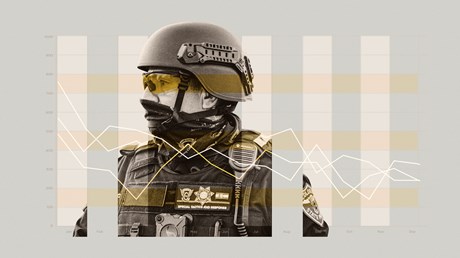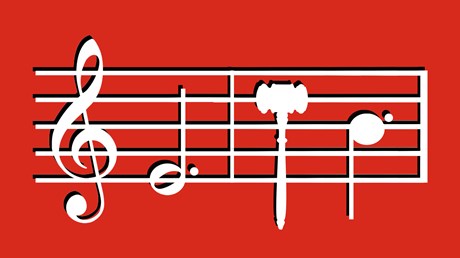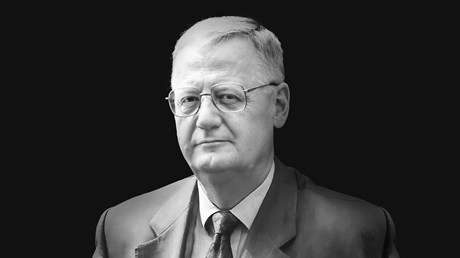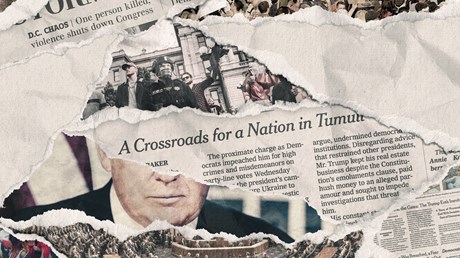Countries with religion-related terrorist activity at a record low of 49 after five consecutive years of decline. Yet 28 nations still suffered more than 50 people injured or killed.
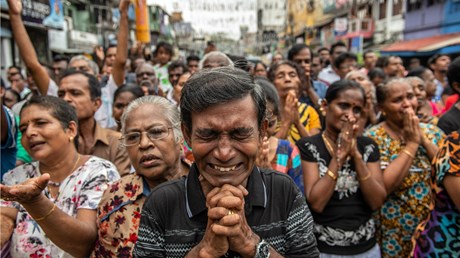
Government restrictions on religion are at a global high.
Social hostility toward religion, however, is at its lowest level worldwide since ISIS.
So says data analyzed by the Pew Research Center in its 12th annual measurement of the extent to which 198 nations and territories—and their citizens—impinge on religious belief and practice.
The 2021 report draws primarily from more than a dozen UN, US, European, and civil society sources, and reflects pre-pandemic conditions from 2019, the latest year with available data.
Matching a peak from 2012, 57 nations (29%) record “very high” or “high” levels of government restrictions—an uptick of one nation from 2018. The global median on Pew’s 10-point scale held steady at 2.9, after a steady rise since the baseline of 1.8 in 2007, the report’s first year measured.
Regional differences are apparent: the Middle East and North Africa scored 6.0; Asia-Pacific scored 4.1; Europe scored 2.9; Sub-Saharan Africa scored 2.6; and the Americas scored 2.0
But across the globe, restrictions are present.
Most common, according to Pew, is “government harassment of religious groups.” More than 9 in 10 nations (180 total) tallied at least one incident. Also common is “government interference in worship.” More than 8 in 10 nations (163 total) recorded incidents.
And nearly half (48%) of all nations used force against religious groups. China, Myanmar (formerly known as Burma), Sudan, and Syria tallied over 10,000 incidents each.
For example, Pew noted: “Renewed fighting between the military and armed ethnic organizations in the [Myanmar] states of Kachin and northern Shan ‘deeply impacted’ Christians, according to ...
from Christianity Today Magazine https://ift.tt/3omNGgg

